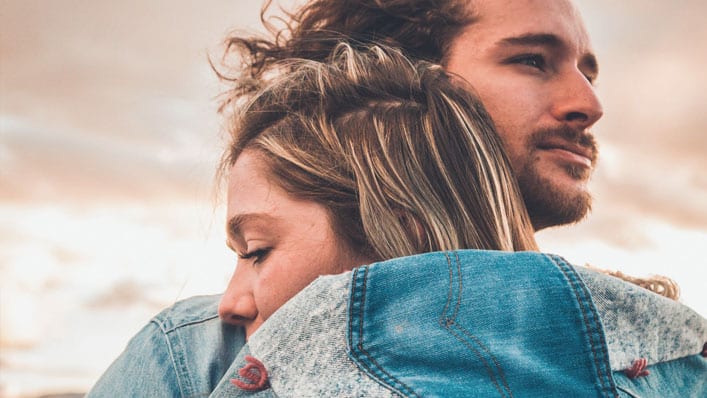We get married for many reasons—love, security, companionship, children, or even fear and loneliness.
Some of us take that walk down the aisle fresh out of high school, while others wait until the later seasons of life. We might marry a high school sweetheart, a best friend, a coworker, a fellow believer from church, or even someone from our past who becomes our future.
Some of us were blessed with strong examples of marriage to look up to. Others witnessed broken relationships and vowed to do things differently.
But no matter when, why, or with whom we marry, most of us are completely unprepared for what it truly means to build a lifelong commitment.
A Rocky Start: Learning What Marriage Is (And Isn’t)
At just 21 years old, reeling from my parents’ bitter divorce, I rushed into marriage with my high school sweetheart. I was still in college, completely unaware of who I was, let alone how to be a good spouse.
I jumped in headfirst, blindfolded, and totally naïve—enchanted by the idea of love.
Who wouldn’t be excited about romantic candlelit dinners, whispered endearments, endless hand-holding, and stomach-flipping butterflies? I assumed marriage would feel like a lifelong honeymoon.
But in reality?
My honeymoon phase lasted exactly three days.
A Dose of Reality
The night we returned from our short honeymoon, we were prepared.
Rings on our fingers.
Candles lit all over the bedroom.
A silky nightgown.
A brand-new king-sized bed.
A guaranteed happily ever after, right?
Not exactly.
Sometime between lighting those candles and slipping into the nightgown, I got the flu. The gut-wrenching, doubled-over, hugging-the-toilet kind of flu.
And what did my brand-new husband do?
Did he rub my back, hold my hair, and whisper words of comfort?
Not quite.
Instead, he curled up in bed next to my cat and fell asleep—completely oblivious.
I was devastated.
Didn’t he hear me? Didn’t he care? Weren’t husbands supposed to be knights in shining armor?
That night shattered every expectation I had about marriage.

